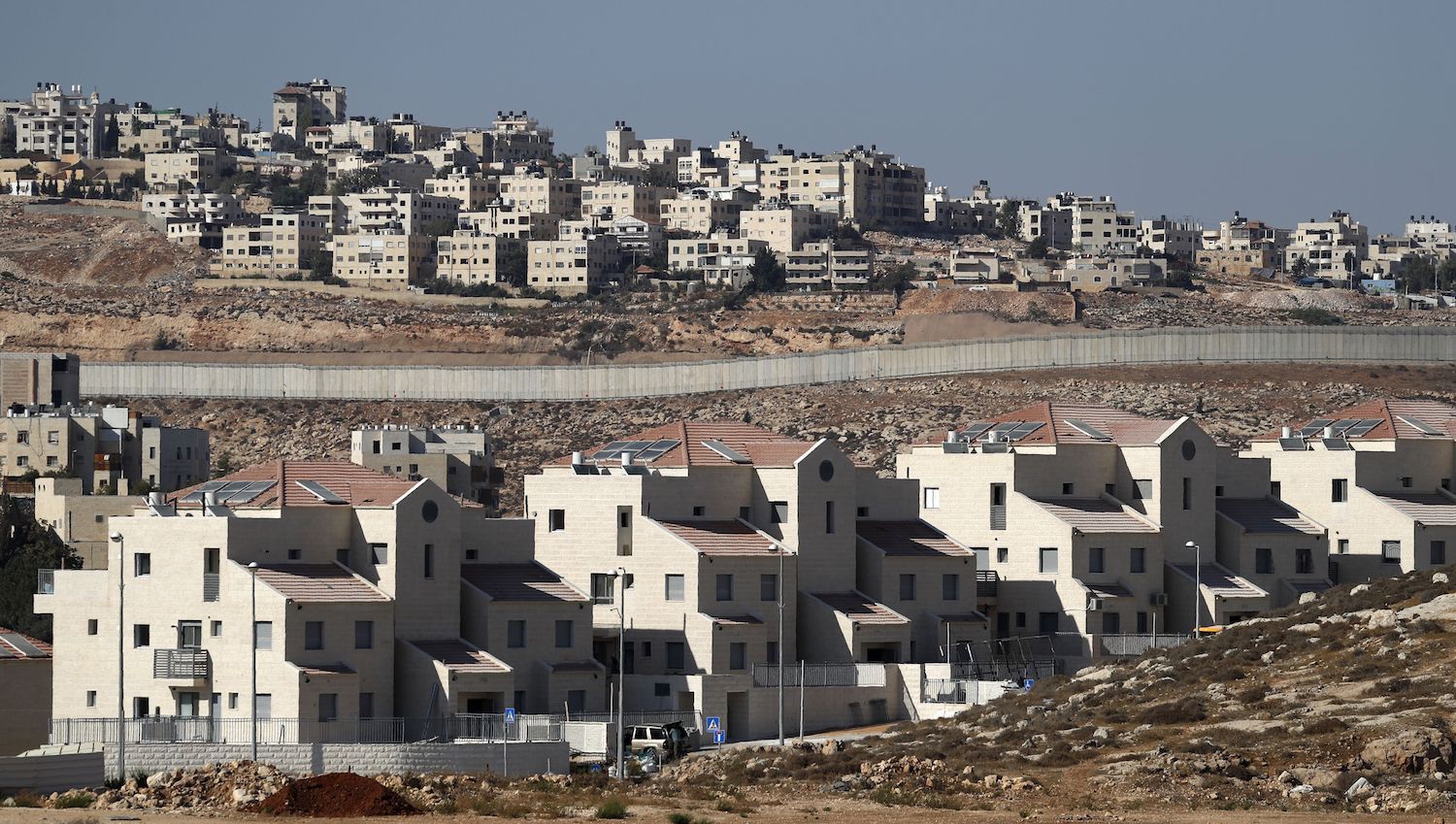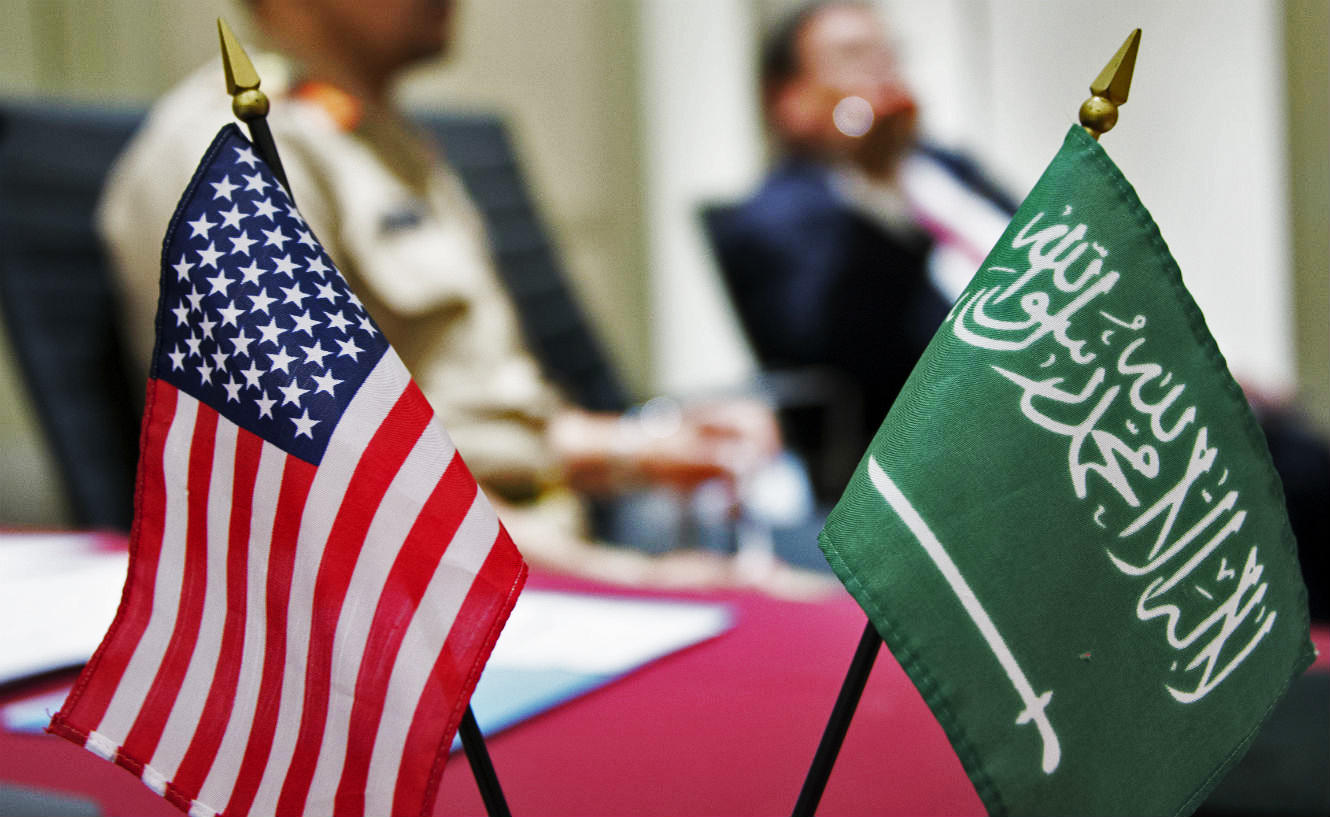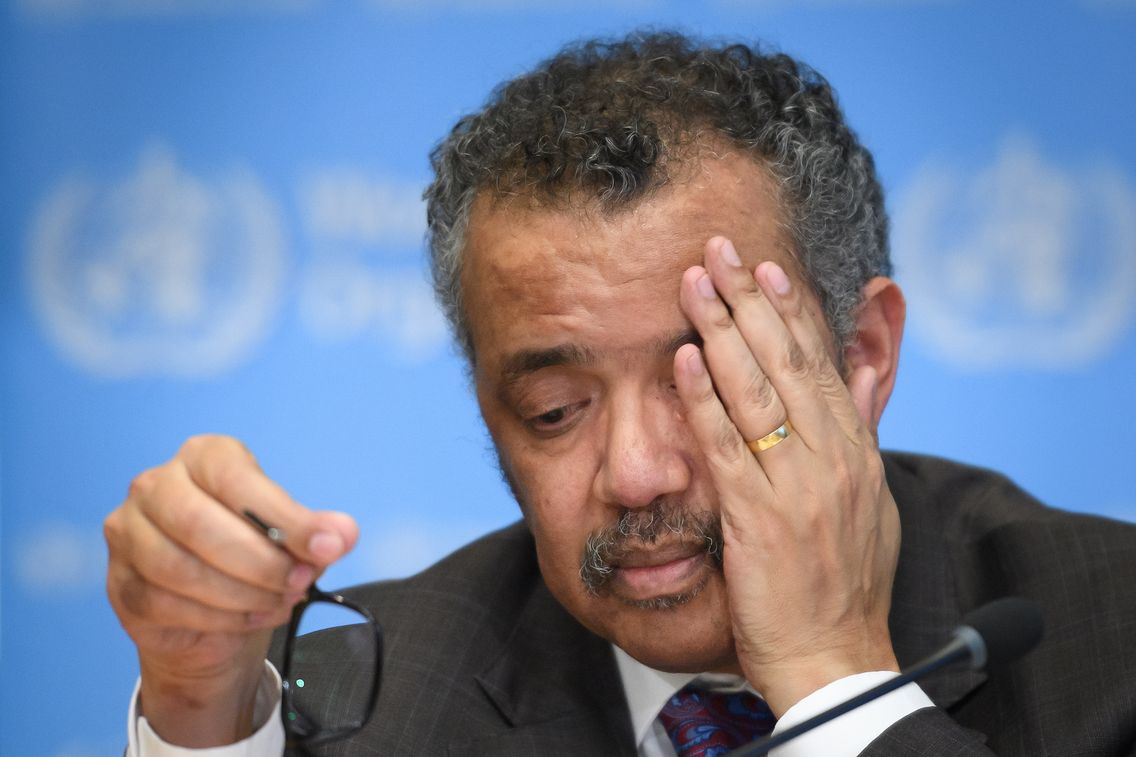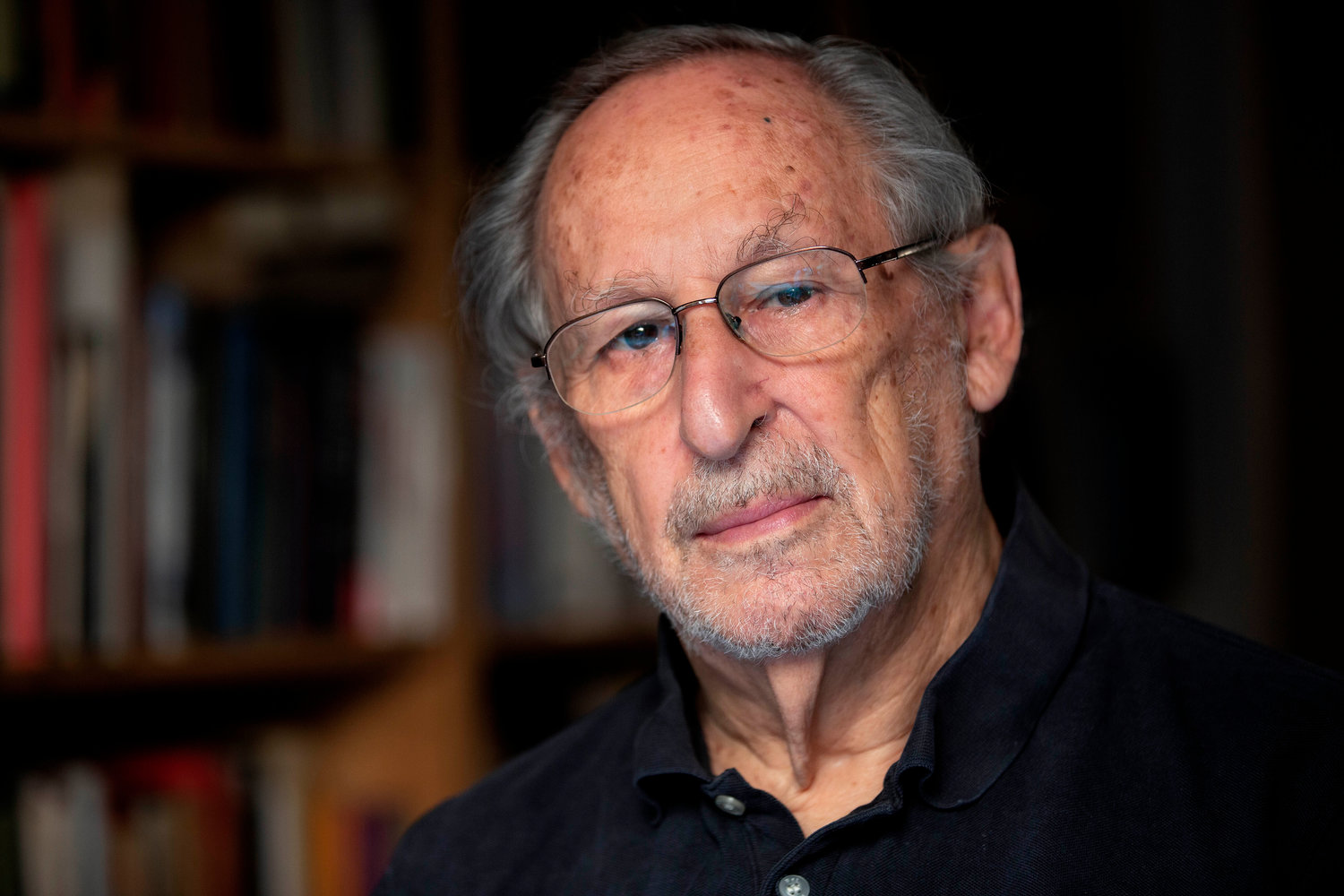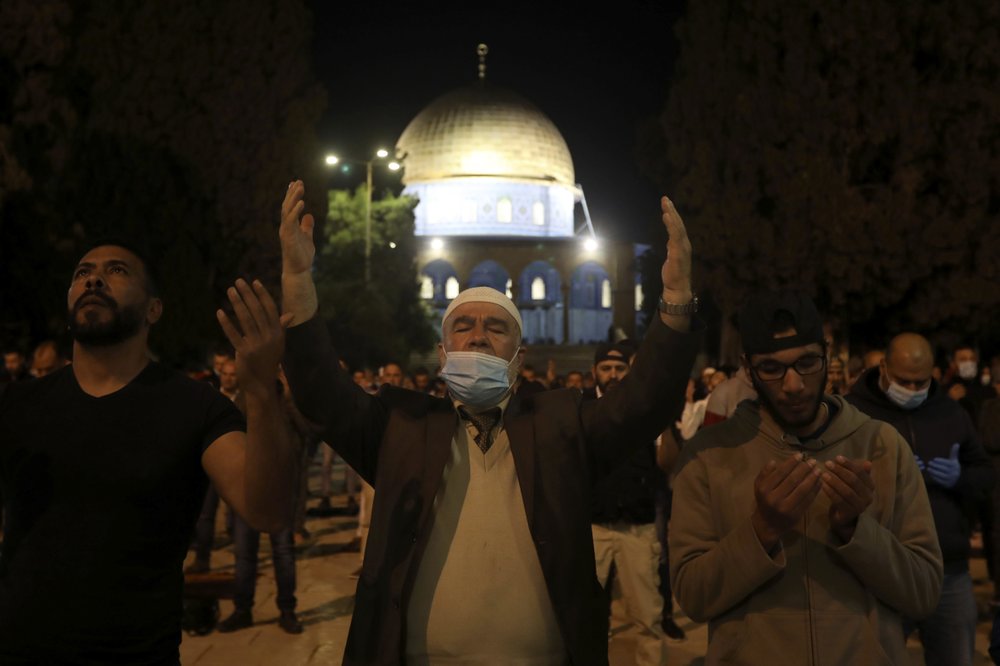On Wednesday, June 10, the Israeli Supreme Court decided to block its 2007 Settlement Regulation Law, intended to legalize settlement houses built on privately-owned Palestinian land. By a vote of eight to one, the country’s highest court ended the measure that had been frozen since its introduction in 2017.
Blocked law
The measure would have legalized roughly 4,000 buildings constructed on land owned by Palesinians but was blocked because it “unequally infringes on the property rights of Palestinian residents while giving preference to the proprietary interests of Israeli settlers,” Chief Justice Esther Hayut stated.
Israeli Prime Minister Benjamin Netanyahu’s right-wing Likud party called the ruling “unfortunate,” saying the law that was ruled unconstitutional was in fact “an important law for settlement activity and its future.”
But the ruling could become null and void within a month, Likud-aligned newspaper Israel Hayom revealed on June 10 in an article titled “Home stretch: Sovereignty to bring good tidings to homeowners in Judea and Samaria.”
Annexation plans proceeding
According to the newspaper, some 100,000 settlers will soon be able to “complete the transfer of ownership rights.” Settlers will be able to freely register their currently illegal properties at Israel’s Land Registration Office, if or when Israel breaks with international law and annexes parts of the West Bank in July.
On Sunday, June 7, Netanyahu met with settlers to discuss his annexation plans. He told settlers that the plans are going ahead as intended.
Settlers in the West Bank are pushing Netanyahu to produce an even broader annexation plan as they strenuously oppose the formation of a Palestinian state, even if that state would only consist of some disparate fragments of land surrounded by newly conquered Israeli territory.
Netanyahu reassured settlers by saying that even if such a state established itself diplomatically, through the “Trump peace plan,” he would not recognize or treat the independent state as such.
Green light
Meanwhile, the US and Israel are both avoiding responsibility for giving the “green light” for the move, which is blatantly illegal under international law and the Charter of the United Nations.
At his meeting with settlers on Monday, Netanyahu stated that he has not yet received the green light from the US, but statements from the US ambassador to Israel contradict the need for any such signal.
David Friedman, the US ambassador to Israel had earlier said: “We are not declaring sovereignty – the government of Israel has to declare sovereignty. And then we’re prepared to recognise it… So, you have to go first,” indicating that the international speculation over a “green light” appears to be nothing but a distraction from the planned invasion of Palestinian territory in the West Bank.
David Alhayani, head of the Settlement Council that represents settlers on occupied Palestinian land, stated that Trump is supporting annexation plans in order to help him win the November presidential elections in the United States. “The only thing they are concerned about regarding the plan is promoting their own interests ahead of the upcoming election,” Alhayani stressed.
In another green light to the Israeli annexation plans, Germany’s foreign minister has arrived in Jerusalem in order to “discourage” Israel. However, the diplomat has already indicated that his country’s “fierce opposition” does not mean he offers any threats or repercussions for Israel if they do decide to invade the West Bank.

